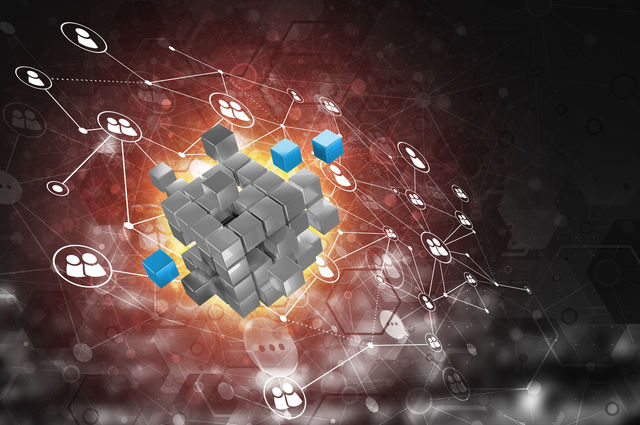Can hospitality integration hubs save our industry from legacy tech nightmares?
15 experts shared their view
Many existing legacy technology installments in hospitality are closed systems they are reluctant to open up to third-party integrations, applications and solutions, depriving the property and its guests from some very innovative and much-needed applications and services.
In the near to mid-term, any full-service 3-4-5-star hotel will need over 100 plus APIs (application programming interface) with third-party tech applications and solutions to be able to function and meet the basic needs and wants of today's tech-savvy travelers. These include mobile and contactless guest experience, mobile locks, issue resolution apps, guest messaging, virtual concierge, IoT devices and utility management, smart room technology, entertainment hubs, CRM programs, etc.
Until recently, this type of connectivity has been close to impossible or super expensive to achieve for properties with legacy technology installments of PMS,RMS, CRS, CRM and other components of the tech stack, which are hostile to any third-party interfaces by default.
Luckily for our industry, the future is already here in the form of two types of third-party technology integration platforms:
- Cloud PMS with Open API like Opera Cloud PMS, StayNTouch, Protel, CloudBeds, Mews, etc. and their integration platforms, and
- Independent integration hubs, like Impala, Hapi, APS, NoniusHub, etc., which are focusing on serving properties with existing legacy tech stack.
The question is, can the new integration hubs save our legacy tech-prone industry and elevate it to meet the demands of today's tech-savvy travelers?
Current technologies provide numerous opportunities to automate repetitive and dull tasks to improve efficiency and save time. Cloud services and standardisation contribute significantly to the compatibility of technologies and their integration. The evolution of hospitality software has led to full coverage of guest life cycle activities and nowadays PMSs are more sophisticated than ever. Besides room inventory management, PMSs integrate also booking engines, channel managers, customer relationship management systems, revenue management tools and many more, thus creating a hub for the hotel managers that allows stronger control and transparency of employees' work and responsibilities. All departments' operations could be seen at a glance, the coordination among them is much easier and faster. In addition, technologies integration eliminates any misunderstandings along the communication chain and provides a uniform data hub for all departments at any time thus allowing more opportunities for deeper data analysis. Moreover, from a technology maintenance perspective, having one hub with numerous applications connected to it seems to create fewer problems if one of the applications is not working properly compared to a software package that covers all the functions because this application may be disconnected and maintained separately. Furthermore, the integration hub allows hoteliers to decrease the vendor lock-in effect and use (the best) applications from various suppliers.


